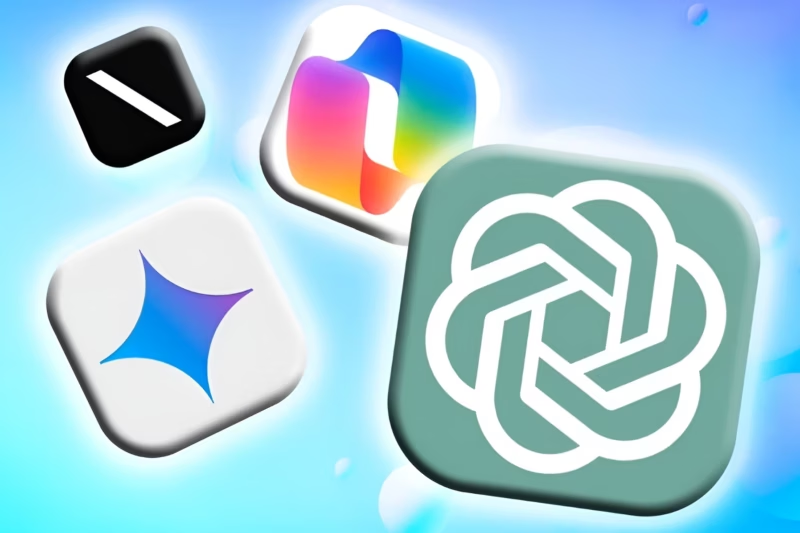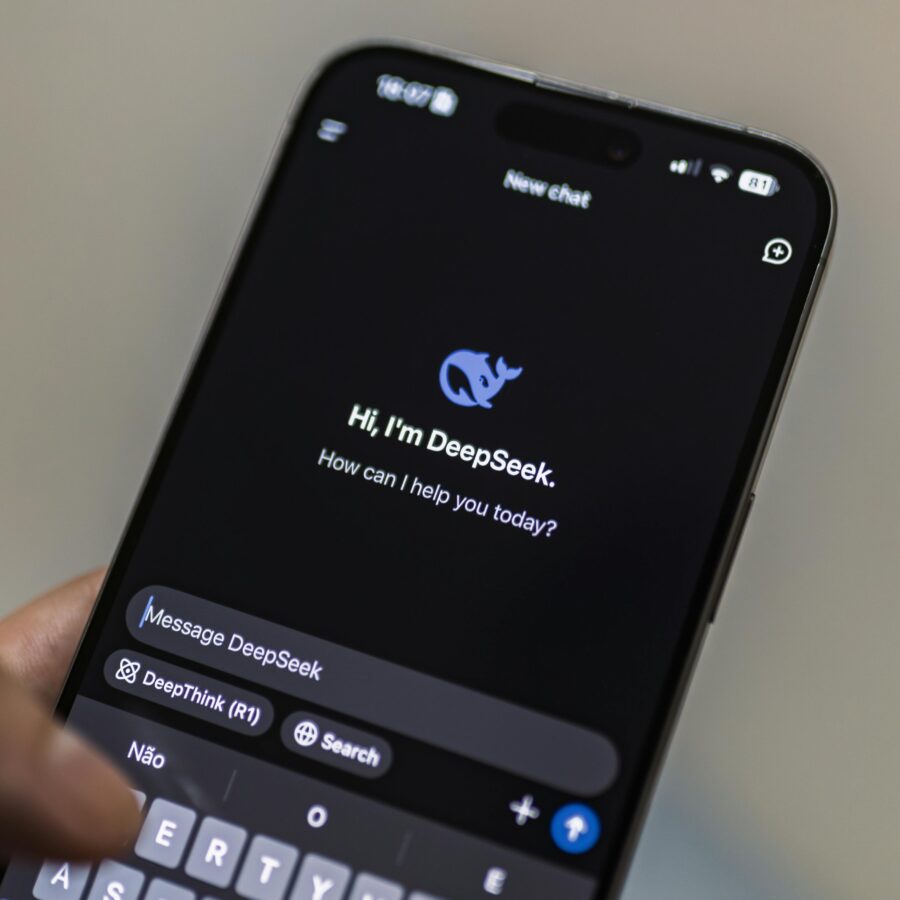Can AI Chatbots Help Your Mental Health? Exploring the Risks

Overview:
AI chatbots are rapidly becoming a part of everyday life — from handling customer service queries to helping people track habits or improve productivity. Increasingly, some are turning to these tools for psychological support. While the idea of free, on-demand “therapy” might seem appealing, it’s important to understand the limitations and risks of relying on artificial intelligence (AI) for mental health care.
In this article, we explore why AI should never replace qualified psychological care — particularly for those who are vulnerable, in distress, or seeking meaningful emotional connection.
Growing Use, Growing Risks
Australians are increasingly engaging with AI chatbots for mental health help, often drawn in by their availability, responsiveness, and lack of cost. But mental health professionals are raising serious concerns about the risks for those in distress, or facing complex emotional challenges.
“We know that AI cannot navigate the gray areas of trauma, identity, grief and complex interpersonal dynamics the way that a trained psychologist can.”
— Dr. Sarah Quinn, President, Australian Psychological Society
The problem worsens for children, adolescents, and people from vulnerable populations: Excessive and unsupervised screen time—including the use of AI chatbots—can expose them to misinformation, inappropriate content, and emotionally misleading interactions, potentially affecting their mental health, sleep, and social development, especially when not guided by adult support or real-world connection.
Why AI Chatbots Are Not a Substitute for Therapy
Lack of Emotional Depth: AI can simulate conversation but does not feel or empathise. It cannot truly understand your emotions or offer genuine emotional reciprocity. It doesn’t understand your tone, body language, or emotional nuance. This makes it ill-equipped to guide you through grief, trauma, or complex relationships.
No Clinical Judgment: A chatbot cannot assess risk, recognise red flags, or make nuanced clinical decisions based on a person’s history or current presentation.
 Cultural Blind Spots: AI lacks cultural sensitivity and awareness, and may offer advice that’s inappropriate, offensive, or out of context.
Cultural Blind Spots: AI lacks cultural sensitivity and awareness, and may offer advice that’s inappropriate, offensive, or out of context.
Confirmation Bias & Enabling: AI often repeats or reinforces user input. This can unknowingly reflect back a user’s negative thinking patterns — a phenomenon called confirmation bias. This can validate negative thought patterns (e.g., “I’m worthless”) and enable patterns of avoidance which can maintain psychological issues, instead of challenging them therapeutically with real-world experience and interventions.
Pseudo-Intimacy (and ‘action-faking’): While chatbots may sometimes feel comforting, the interaction is ultimately transactional and lacks true emotional reciprocity — a cornerstone of real therapy. Often, AI is trained to give advice that help “feels” helpful in the moment to users, but it ultimately fails to meet deep psychological needs.
No Crisis Support: AI tools cannot assess immediate danger, escalate care or intervene in an imminent crisis (e.g., suicidality, trauma flashbacks, or dissociation). This creates significant safety risks.
Privacy and Consent Concerns: User data may be stored, analysed, or shared without clear transparency about where that data goes, how it’s used, or who owns it (i.e., informed consent). Unlike psychologists, AI tools are not bound by strict confidentiality or ethical guidelines. Sensitive conversations are stored online, often without clear safeguards, and users may unknowingly give up control over deeply personal information. This poses serious risks, especially when individuals disclose trauma, self-harm, or identifiable health information. In traditional therapy, confidentiality is a legal and ethical cornerstone — but with AI, there are no guarantees about how, where, or by whom your data may be accessed, now or in the future.
The Role AI ‘Can’ Play
This doesn’t mean AI has no role in mental health. It can be a useful tool for reminders, self-reflection prompts, or learning new strategies. But it must complement, not replace, professional care.
AI tools can play a supportive role in mental health — for example:
-
Tracking mood or symptoms
-
Offering general wellness tips
-
Providing psychoeducation
-
Enhancing engagement between sessions
When AI Chatbots are NOT Appropriate
However, these tools should be seen as adjuncts, not alternatives. They are not appropriate for:
-
Diagnosing mental health conditions
-
Working through trauma
-
Crisis intervention
-
Complex or relational difficulties
Why Professional Human Support is Superior
Therapy is about far more than conversation. It’s about trust, connection, attunement, and skilled interpretation. A trained psychologist can offer this kind of responsive, evidence-based support, tailored to your history, culture, and needs (so far, AI cannot).
-
Receiving individualised care
-
Building a safe, trusting therapeutic relationship
-
Gaining insights from someone with clinical training and experience
-
Knowing your information is private, confidential, and ethically managed
Final Thoughts
As appealing as chatbots can be, real healing happens through human connection. If you’re feeling vulnerable, distressed, or uncertain, the safest and most effective step is to speak to a psychologist.
Just as we’re learning to balance screen time and social media, we need to be thoughtful about how and when we engage with AI — especially when it comes to something as important as our mental health.
Watch the full interview with Dr Sarah Quinn, President of the Australian Psychological Society below:
Key Takeaways
- AI can support, but should not replace, professional psychological care.
- Emotional depth, clinical judgment, and cultural understanding matter deeply.
- Chatbots lack the ability to assess risk, navigate trauma, or offer true safety.
- Use AI tools mindfully — never in place of proper help when it’s most needed.
Further Articles:
I’ve written several self-help articles on a range of topics designed to be informative and accessible to a broad audience, particularly my clients. These articles explore common challenges and aim to bridge knowledge gaps that I believe are important for everyone to understand.
For more articles please visit the Resource page below:
Get in touch or Book an Appointment:


